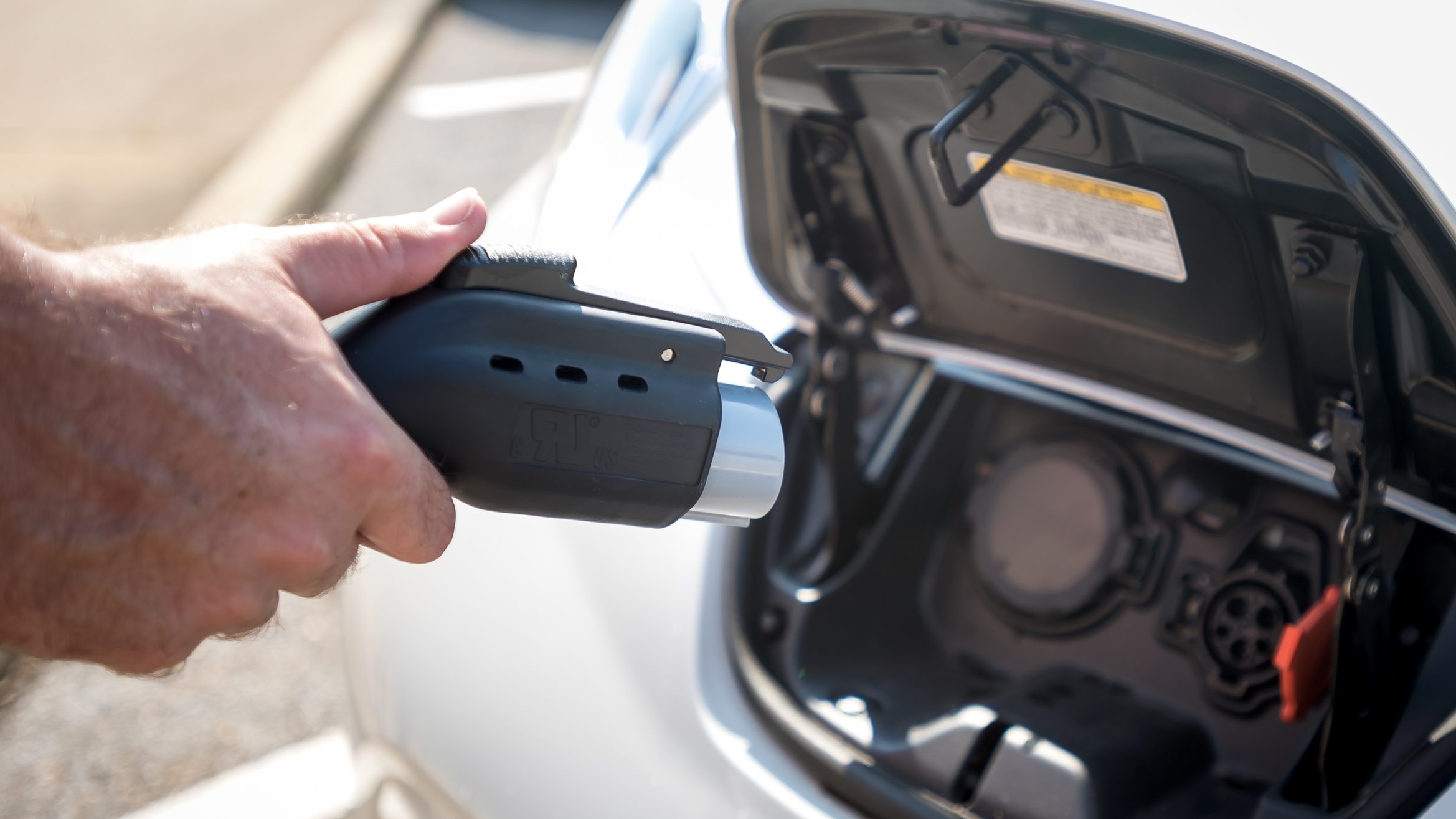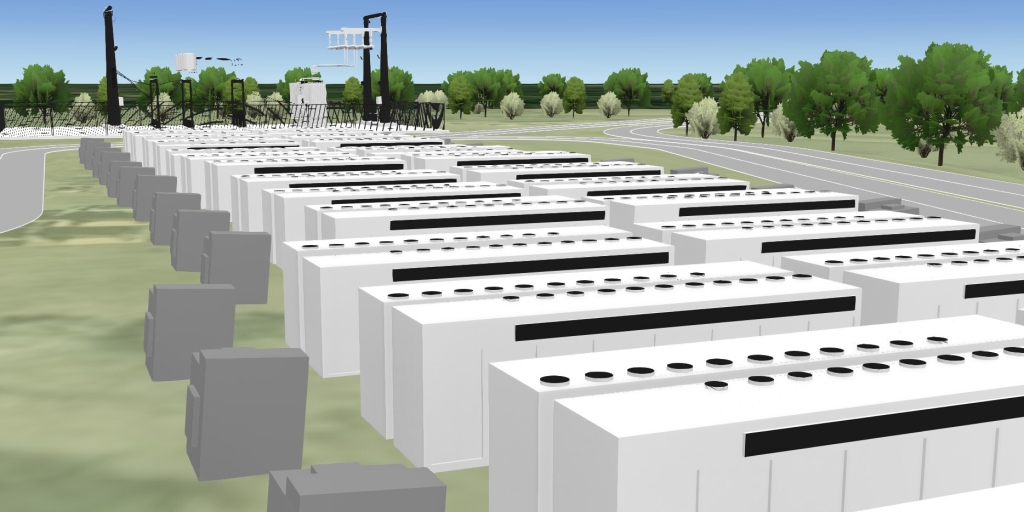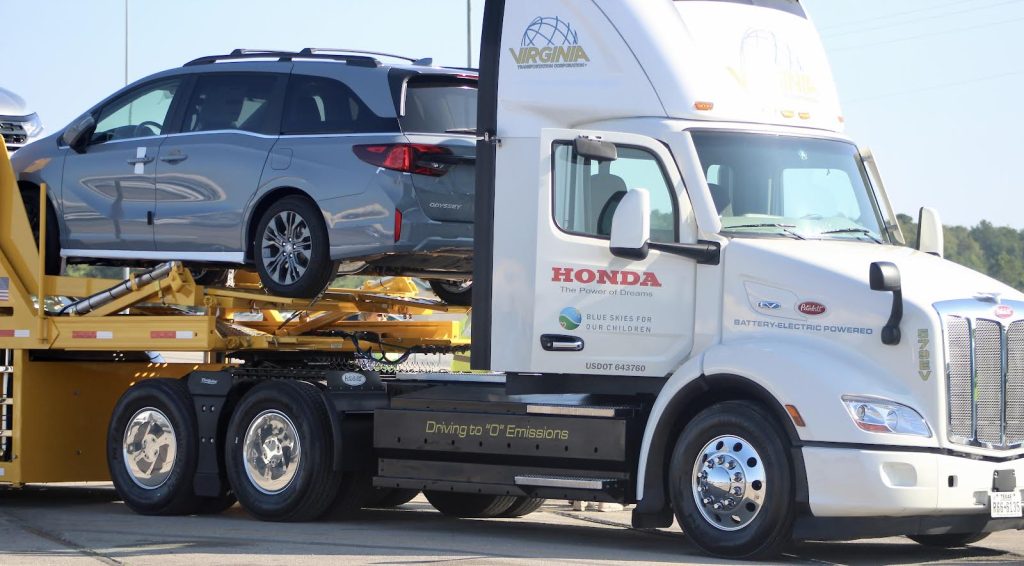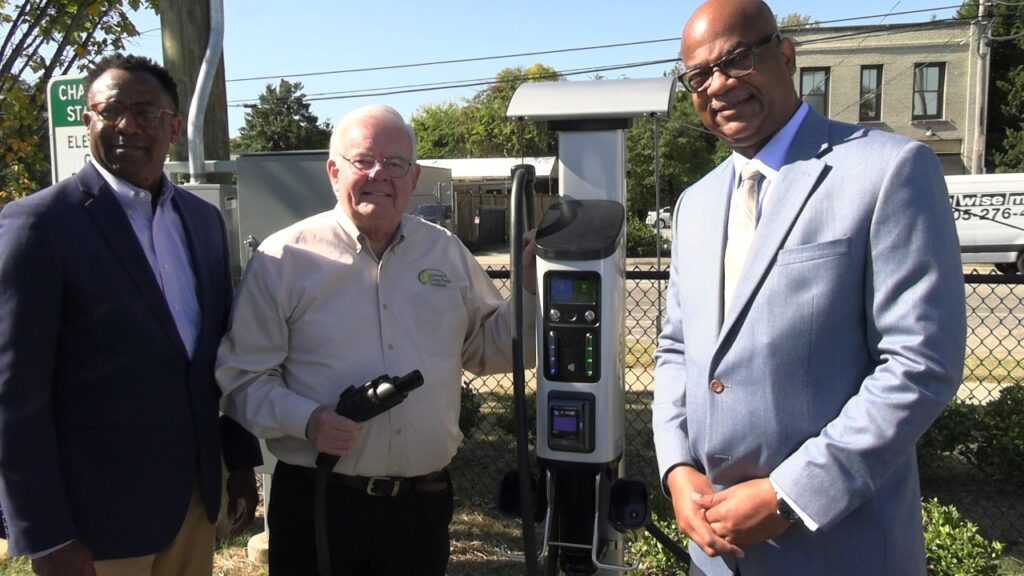Electric vehicles batteries will find a second life in EV charging stations under a project led by the University of Alabama.
With $4 million in support from the United States Department of Energy, UA is partnering with Alabama Power and Mercedes-Benz U.S. International Inc. to develop and demonstrate ways to use older EV batteries, extending their usable life and reducing their carbon footprint while lessening demand on power grids. The project is also supported by another $4 million in cost-share bringing the project budget to a total of $8 million.
“The innovative work supported through the U.S. Department of Energy is exemplary of how industrial partnerships enhance the research and educational mission of the University,” said Dr. Allen Parrish, interim vice president for research and economic development. “This is a highly impactful R&D project led by our outstanding College of Engineering faculty that also incorporates the development of the next generation of highly-skilled workers in areas critical to the state’s economic development.”
The project is one of 10 selected for funding from the federal Bipartisan Infrastructure Law Electric Drive Vehicle Battery Recycling and Second Life Applications, announced by the White House. At UA, the research is part of the Alabama Mobility and Power Center, established in partnership with Alabama Power and Mercedes-Benz U.S. International Inc. as a research and workforce development center to meet the needs of the electric vehicle market.
“These batteries serve electric vehicles when they are new, and, with this project, they can continue to serve them but in stationary charging application after retiring from their mobile application,” said Dr. Jaber Abu Qahouq, professor of electrical and computer engineering and project lead.

As more EVs are sold, the demand for critical battery minerals, such as lithium and graphite, is projected to increase by as much as 4,000% in the coming decades. The federal funding overseen by the energy department is intended to support the recycling and reuse segment of the domestic battery supply chain.
Any technical solution must also be economically viable, a challenge the UA-led project plans to demonstrate can be overcome.
The lithium-ion battery packs that power EVs are replaced when they no longer can store a charge more than 70-80% of their original capacity. Reusing EV batteries for other applications is challenging because the battery modules, or cells, in the pack degrade unevenly, leading to differing performance and operational risk.
Inside an EV, the batteries connect to each other to supply the electric power necessary for the vehicle. UA’s project proposes a system to connect the battery modules individually to power converters with control algorithms that monitors each battery’s health and optimizing the use of each battery. The resulting charging station adapts charging and discharging from the batteries based on their ability and health, avoiding potentially hazardous overstressing and extending their life.
The batteries in these stations could charge during times of low power demand on the power grid and recharge an EV when demand is at power demand peaks, potentially lowering cost.
“The environmental benefits can come from reducing the life cycle carbon footprint of these batteries by using them to their full potential before recycling their material, supporting transportation electrification by supporting EV charging network, supporting the integration and utilization of renewable energy sources to charge these batteries for later use in EV charging, and potentially reducing the amount of power that needs to be generated using fossil-fuel during peak power demand hours,” Abu Qahouq said.
The project team has cross-discipline expertise and experiences including faculty members, postdoctoral researchers, assistant research scientists, graduate students as well as engineers or specialists from MBUSI and Southern Company Services.
Along with Abu Qahouq and Parrish, the project includes Dr. Bharat Balasubramanian, engineering professor and chief mobility research and development officer for Alabama Transportation Institute; Dr. Shuhui Li, associate professor of electrical and computer engineering; Dr. Xinwu Qian, assistant professor of civil, construction and environmental engineering; Dr. Tim Haskew, associate dean for research and economic development for the College of Engineering; and Dr. Nicholas Baker, assistant professor of electrical and computer engineering.













